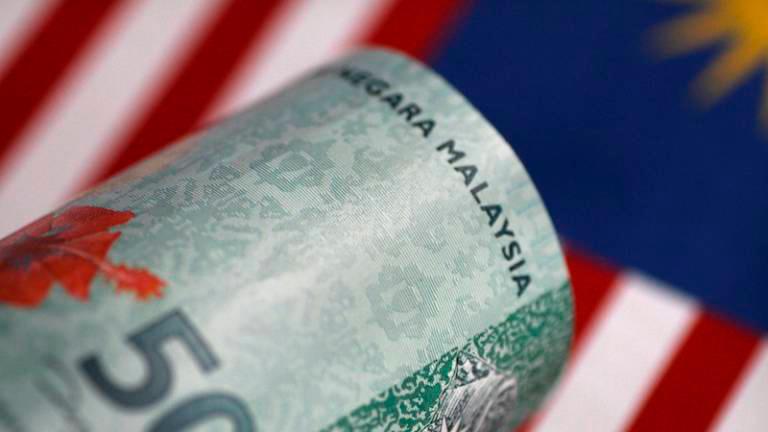PETALING JAYA: The Covid-19 pandemic has dealt Malaysia its second biggest economic blow after the Asian Financial Crisis in 1998. It also exposed weaknesses in our medical services.
Sunway University economics professor Dr Yeah Kim Leng noted that the Malaysian economy contracted by 5.6% last year, its second steepest decline after the 7.5% drop due to the 1998 recession.
“The current nationwide lockdown will dampen economic recovery and increase uncertainties over its growth trajectory, which will likely be lowered by one to two percentage points from the earlier
6% to 7.5% expected by the government,” he said yesterday.
While increases in manufacturing output for the export market have supported economic recovery, domestic consumption and investment activities continue to be depressed by the pandemic and lockdown measures, he added.
“Workplace clusters have impacted production but not as extensively as the current shutdown of industries deemed non-essential. This will constrain the supply side of the economy and restrict demand activities.”
Foreign labour shortages and rising costs will have a further negative impact on the economy. Unless the pandemic is contained sufficiently to allow for relaxation of restrictions on business operations and social activities, the economy will continue to be under duress, he added.
Given that non-essential sectors and businesses account for a large segment of the domestic economy, the loss in income, wage cuts and retrenchments in the wake of the shutdown will severely impact livelihoods, especially of the B40 and M40 groups, he said.
“Of critical importance is the containment of the pandemic through speedy mass vaccinations, testing, contact tracing and quarantine measures so that the economy can be reopened as much as possible.”
Yeah said strengthening demand in China and advanced western economies will provide Malaysia with favourable conditions to recover and rebuild its economy, given the country’s vantage position in the global supply chain.
On how the medical sector has dealt with the pandemic in the last 18 months, Malaysian Medical Association (MMA) president Prof Datuk Dr Subramaniam Muniandy said: “We now know a lot more about what works and, to some extent, what does not.
“In the medical sector, we can see that the problem is a lack of fully trained personnel. MMA warned years ago that poorly planned expansion of medical colleges will result in many medical graduates who are not passionately committed to the profession.
“Furthermore, the Health Ministry did not expand training hospitals or posts. As a result, many junior doctors are not fully able to function independently. The fact that they are on short-term contracts also demoralises them.”
Subramaniam added these weaknesses are deep-seated and systemic, meaning they cannot be overcome without political will.















